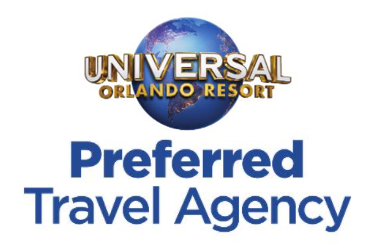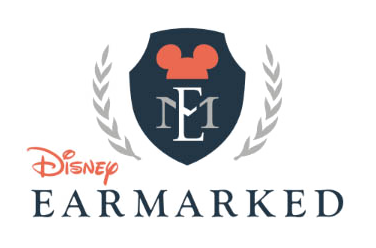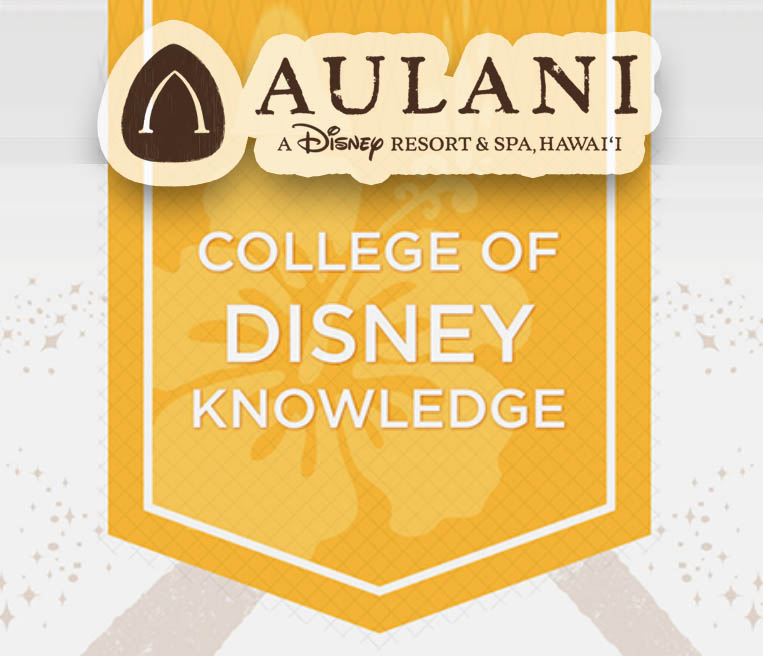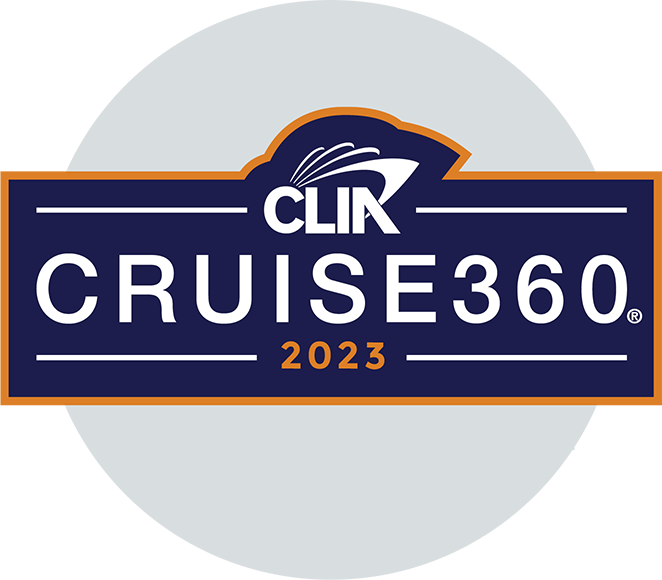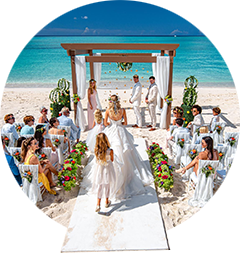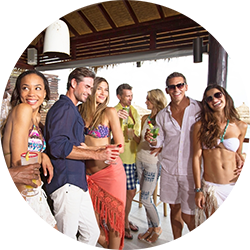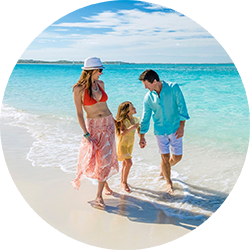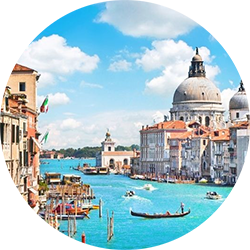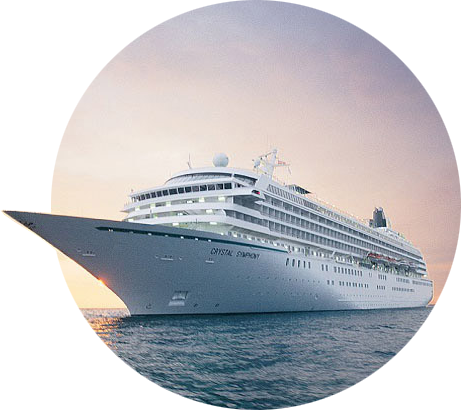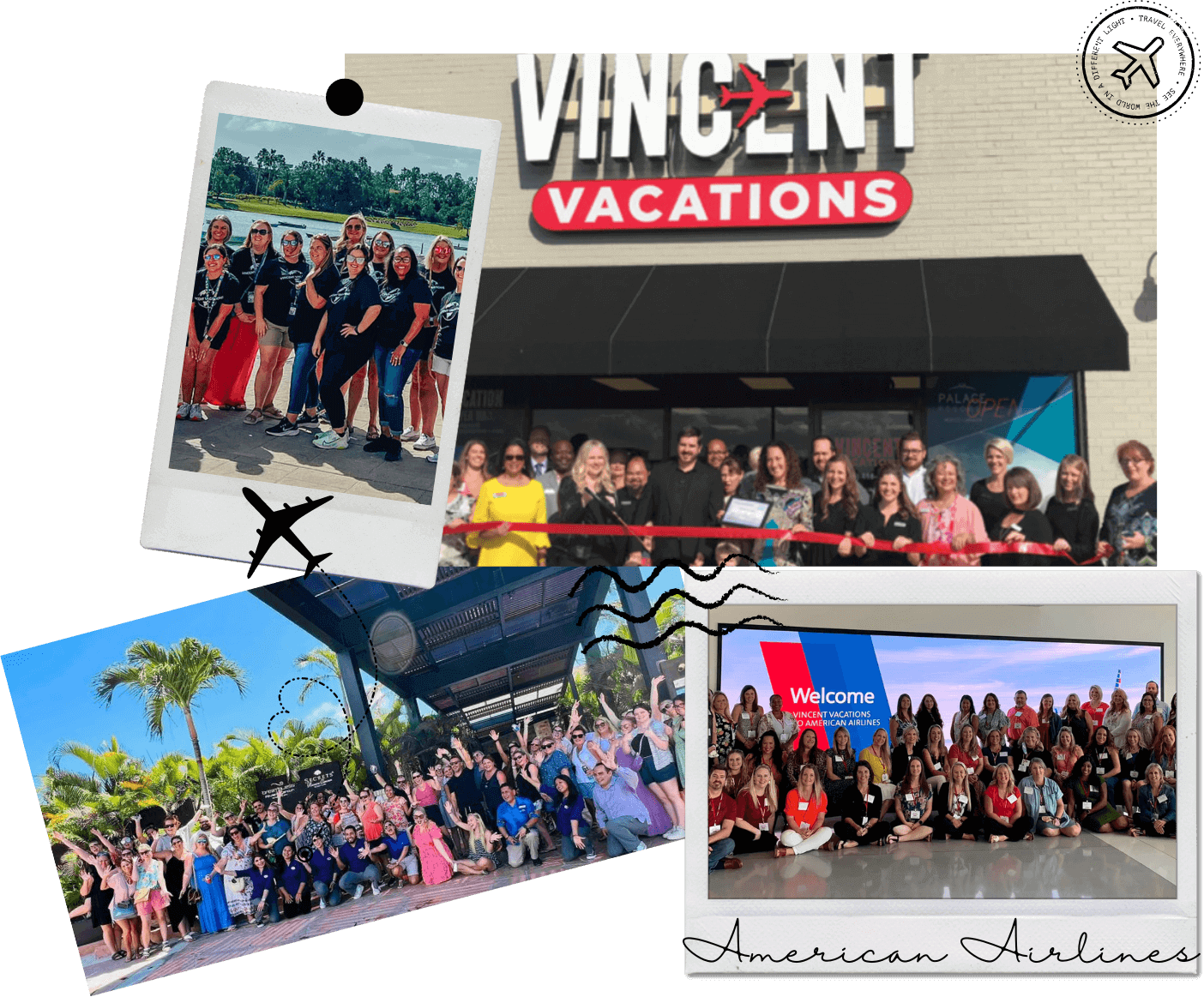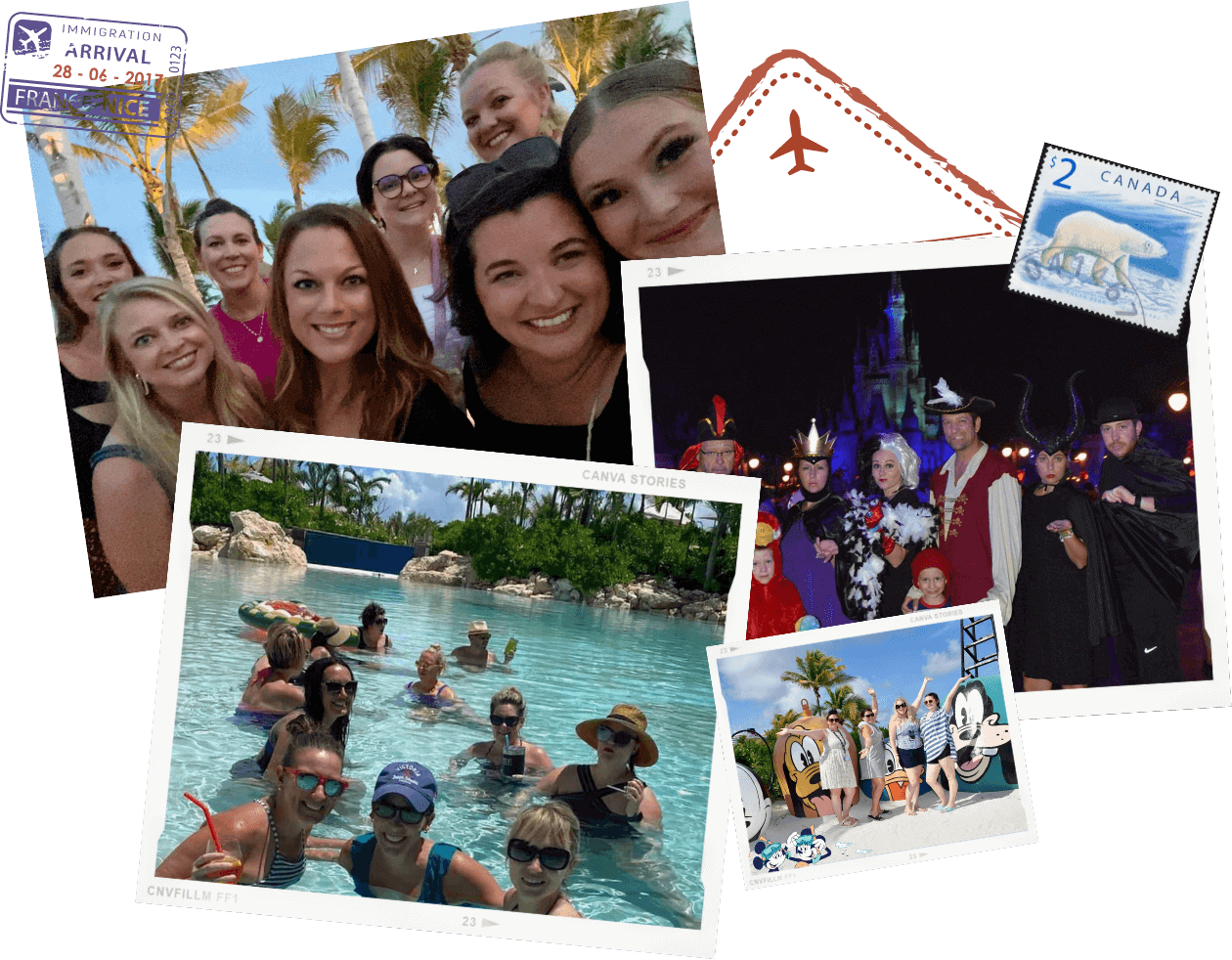Where You’ll Find Sea Turtles Around the World
Category: Ships -June 8, 2023

One of the many perks of taking a cruise is being able to hop off the ship, grab your snorkeling gear and dive into the wonders that lie beneath the ocean’s surface. If you’re lucky, you just might spot extraordinary marine life, like the seven species of sea turtles around the world.
From Costa Rica to Mexico and Australia, the incredible destinations that these creatures call home all have beautiful waters that you can explore. And fun fact: To help the long-term health of the iconic wildlife you see and the oceans where they live, Royal Caribbean partners with World Wildlife Fund to support programs that do just that. Join us this World Oceans Day (June 8) and all year long in admiring these endangered animals. You can also lend a hand in keeping them safe in a few ways.
Wondering where to start? Dive into a list of eight destinations where you can see and appreciate these gentle giants, and learn more about the ongoing programs to support them:

The olive ridley has a very distinct heart-shaped shell.
Credit: Shutterstock
Cabo San Lucas, Mexico – Olive Ridley
When you see this species’ unmistakably olive-green shell, you’ll understand why they’re named after the color. They can be spotted across the globe, like in the waters of Cabo San Lucas in Mexico. They may be the species with the largest population, but they’re still considered vulnerable because of their nesting habits. They nest in mass numbers at the same time each year and go back to the same beach where they hatched—which makes them easy to find by predators.
Pro tip: While in Mexico, take advantage of the incredible sights you can see in Cabo San Lucas. From the romantic Playa del Amor (aka Lover’s Beach) to the town’s Gallery District, your day has “memorable” written all over it.
Brisbane, Australia – Hawksbill
Known for their pointed beaks and distinct overlapping scales that cover their shells, hawksbill sea turtles can be found in Brisbane, Australia. They’re omnivores with a preference for sea sponges and can grow to be 2 to 3 feet wide. If you ever find yourself spending a day on the beach while on your cruise, be sure to take a peek underwater for a chance to spot one around the colorful coral reefs (which is another must-see part of Australia, of course!).
Hawksbills are critically endangered, largely due to the illegal trading of their shells. With WWF-Australia and the Australian Museum Research Institute, Royal Caribbean launched the Surrender Your Shell conservation project. Some people may have unknowingly purchased these shells, and by returning them, researchers can discover the shell’s origins, site of illegal sale and nesting beach. Thanks to this project, scientists have developed a way to extract DNA from the shells to identify the turtle populations most at risk.

The loggerhead feeds on hard-shell marine life—made easy, thanks to their powerful jaws.
Credit: iStock
Port Canaveral (Orlando), Florida – Loggerhead
The loggerhead is known for its large head and powerful jaw, which allows it to munch on hard-shelled marine life, like sea urchins and clams. You can look out for these turtles around the Mediterranean and New Caledonia in the South Pacific, as well as off the coast of Port Canaveral (Orlando), Florida, from where you can start and end your cruise. Unfortunately, these turtles are especially at risk because they’re trapped by fisheries while grazing.
Pro tip: If you do spot sea turtles while exploring, it’s important to remain at a safe distance. Their shells may look tough, but they are sensitive to even the oils on your hands.

The green sea turtle gets its name from the color of its flippers.
Credit: iStock
Puerto Limon, Costa Rica – Green
Unlike the others, the green sea turtle is named for the color of its cartilage instead of its shell. It is also the only herbivore of the seven sea turtle species. It has become an endangered species from losing its nesting sites to climate change and rising sea levels. Their eggs are also typically overharvested, and the adults are commonly poached.
Fun fact: Tortuguero in Puerto Limon is home to one of the largest green turtle nesting populations in the world, making it very possible to catch a glimpse of their green flippers cruising by you beneath the surface.

Green sea turtles swim freely in Vanuatu’s beautiful coral reefs.
Credit: iStock
Port Vila, Vanuatu – Hawksbill and Green
Vanuatu, an island nation in the South Pacific, is known for its stunning landscapes and wildlife. All that natural beauty includes two—and possibly three—species of sea turtles. From Turtle Reef, a zoological organization about 20 minutes outside Port Vila, to Moso Island’s 900-acre sanctuary called Tranquility Island Resort, there are multiple places you can visit to see the hawksbill and green turtles. In recent years, leatherback turtles have made some rare appearances in Vanuatu’s waters as well. Sail on a South Pacific or Australian cruise on Quantum or Ovation of the Seas, and keep an eye out for them—they just may be swimming offshore or nesting on the beaches. You may even see them if you jump on a glass-bottomed boat, too.
Pro tip: Flatback turtles, identified by their uniquely flat shells, are also native to the South Pacific. The seventh species is a small group that only nests in Australia—it’s the one place you can find them.

The Kemp’s ridley is the most endangered species of sea turtle.
Credit: iStock
Galveston, Texas – Kemp’s Ridley
If you start your cruise from Galveston, Texas, look for Kemp’s ridley sea turtles. They have triangular heads, hooked beaks and round, grayish-green shells. Plan for some extra time before or after your vacation, too, and you can roam the city’s colorful streets before heading to the shores nearby for a chance to spot this special species mostly found in the Gulf of Mexico.
These sea turtles are the most endangered of the seven, mostly because they are often accidentally captured in fishing nets. To help prevent this, Royal Caribbean helped fund WWF’s development of technology that places LED lights on gillnets (so the turtles can see them and steer clear).

Visit the Philippines to see several species of turtles, from green to olive ridley.
Credit: Unsplash
Boracay, Philippines – Green and Olive Ridley
Many kinds of sea turtles call the sunny shores of the Philippines home, including the green and olive ridley. Boracay is especially beautiful and filled with white sand beaches with crystal-clear waters that make it easy to see these majestic animals while diving or snorkeling. Bring an underwater camera for some extra memorable shots! When you’re done, there are other natural wonders we’d recommend exploring, too, like Mount Luho.

Catch a glimpse of the leatherback in Bridgetown, Barbados.
Credit: iStock
Bridgetown, Barbados – Leatherback
Leatherbacks get their name from their soft and leather-like shells. They are also the largest of the seven species, typically weighing between 550 and 2,000 pounds and reaching lengths of up to 6 feet. This species migrates across both the Atlantic and Pacific oceans, so you may just catch one off the coast while headed to the eastern Caribbean. Sadly, illegal egg collection and fisheries that target groups of marine life continue to make the leatherback population one of the most vulnerable.
Fun fact: Royal Caribbean has lent a hand to Florida Atlantic University in its crucial leatherback research at the Gumbo Limbo Nature Center in Boca Raton, Florida.
If you’re ready for a chance to see the world and these fascinating creatures (and more!), start planning your next vacation with Royal Caribbean here.




